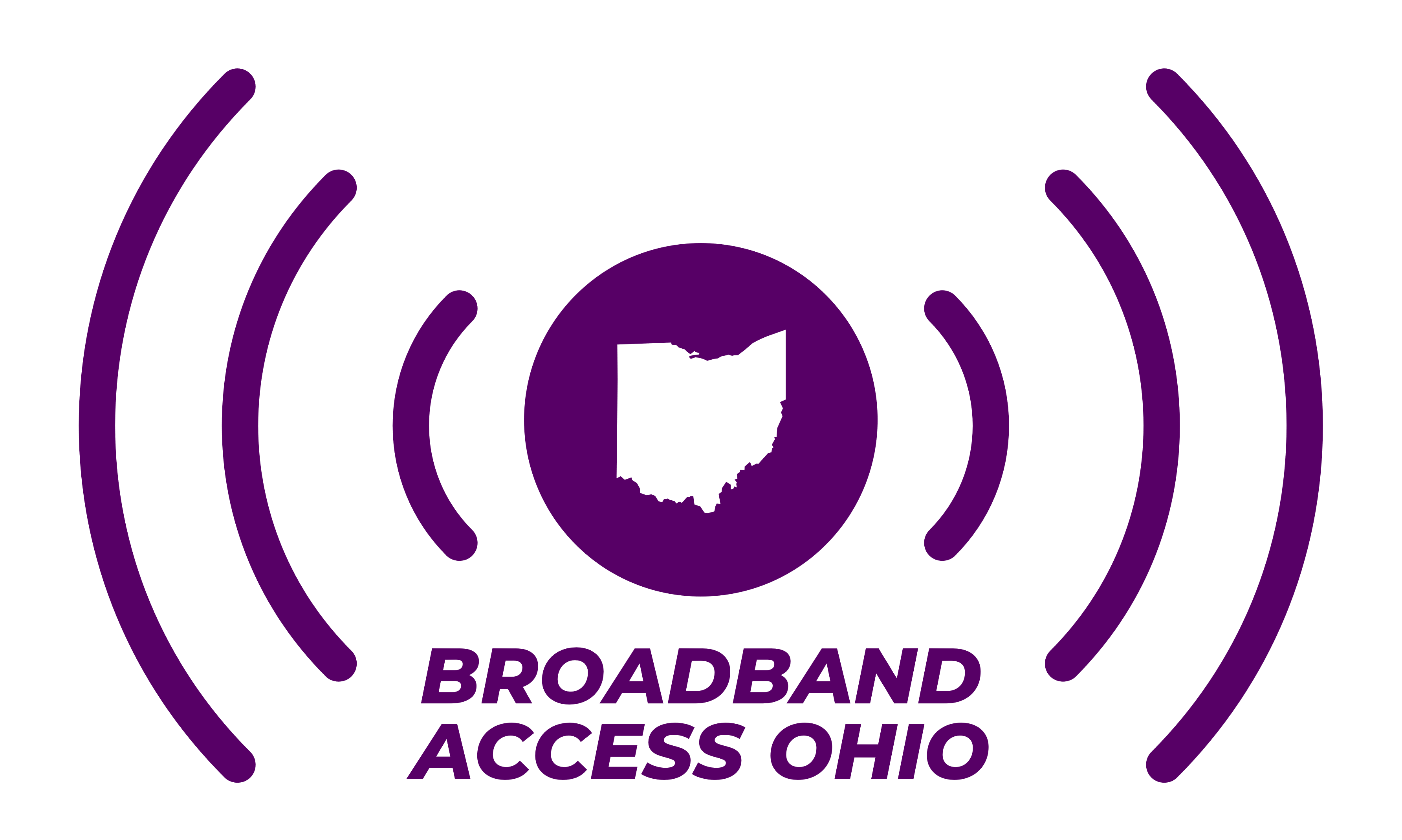Local leaders launch Broadband Access Ohio to advocate for municipal broadband services
Ohio Capital Journal
February 17, 2022
A coalition of local government officials are teaming up in a bid to protect their rights to establish municipal broadband services. In many parts of the state, high quality internet is still difficult to come by and private internet service providers aren’t lining up to fill the gap. For years now, local leaders have been stepping into the breach to provide connectivity to residents and businesses. Their new group, dubbed Broadband Access Ohio, wants to ensure they have a free hand to continue doing so.
The group’s chairman is Bill Roth, mayor of Fairlawn, Ohio, population 7,710. Thanks to their municipal broadband utility FairlawnGig, his residents can get gigabit internet access for $75 a month. For context, WOW and AT&T charge $80 for the same speed in metro Columbus.
Roth has been the city’s mayor for almost three decades, which means he’s been behind the desk since the days of dial up and he’s watched as high-speed, reliable internet became a prerequisite for business development. Roth recalled visiting an international trade show and having a positive initial meeting with a company out of Dusseldorf, Germany.
“We’re all excited we’re gonna get this company to come to Ohio,” Roth described. “Came in the next day and the individual I spoke with was one of the CEOs of the company. He said Ohio’s great, except for one thing — he said your internet is terrible. (But) he used a different word. We lost that.”
That missed opportunity helped spur the city to create FairlawnGig. As of today Roth says, it offers fiber internet access to every single structure in the city, giving residents up to 10 gigs per second and businesses up to 180.
Fairlawn’s story might sound familiar. That’s because last summer, lawmakers slipped a controversial amendment into the state budget that would have prohibited municipalities like Fairlawn from establishing their own internet service providers. Hundreds of Fairlawn residents wrote to lawmakers in opposition, and the amendment didn’t make it into the final version of the bill.
Broadband Access Ohio’s organizers insist they were working on their partnership well before that legislation came to the fore, but Roth admits they haven’t forgotten the episode.
“This wasn’t driven by say what happened last June with the amendment to the bill,” Roth said. “Is it a matter of concern? Of course it’s a matter of concern.”
The core of the group’s pitch is, essentially: Leave us alone. They’re not asking for state funding or new legislation to protect their work or give them a leg up in the future. Medina County Commissioner and former state Rep. Steve Hambley suggests it would be kind of pointless as lawmakers cycle in and out of office.
“Really this is about a culture of understanding how this works,” Hambley said. “Too many legislators, having been here, are focused just on their own district and don’t have a larger understanding. This association is meant to help broaden that understanding and realize the stakes here.”
Hambley argued preserving flexibility for local leaders is important because solutions will look different in different areas. His refrain when it comes to Medina County, is public private partnerships. He described how at each step over the last 10 years the county teamed up with private companies to provide broadband to governments, then large businesses and most recently residential customers. That last stage launched in 2021 with the help of Alabama-based Lit Communities, and offers 250 megabit connections for about $50 a month. Hambley says the county’s economic development organization chalks up $1.06 billion in local capital investments to their broadband programs.
In Athens County, though, the emphasis is equity. Paul Isherwood of Hocking Athens Perry Community Action, or HAPCAP, serves as the county’s broadband coordinator. He explains studies by the Buckeye Hills Regional Council show many counties in the region are working with copper cable telephone lines that have surpassed their useful life.
“What does this mean? Well, this means a lack of broadband is a lack of public safety for our state,” Isherwood said. “For some people, and a lot of people across the canyon where I work, this means that a dropped life-saving call is a very real scenario. And in fact, you may be in a situation where making that call simply isn’t possible because there is no service.”
But while Isherwood said laying new fiber would address that problem, he argued it’s just as important to ensure access to the network is affordable and residents have the skills and equipment to get online, too. Local decisions, he said, should be made at the community level, echoing the points made by other members of the new advocacy organization.

Recent Comments